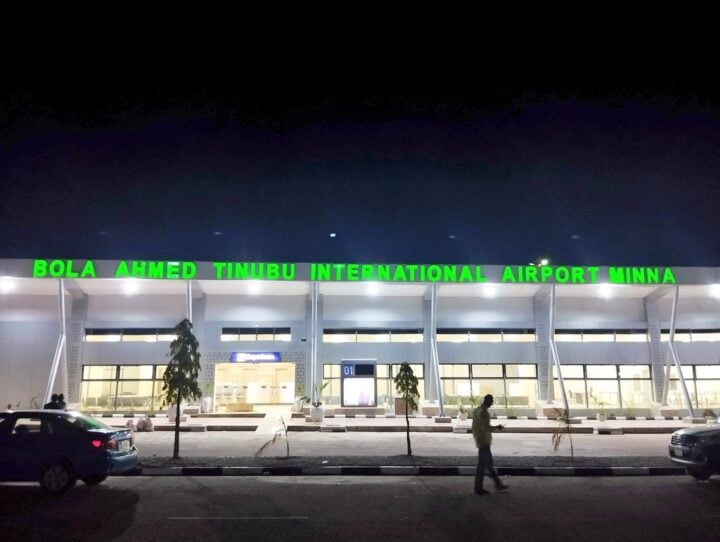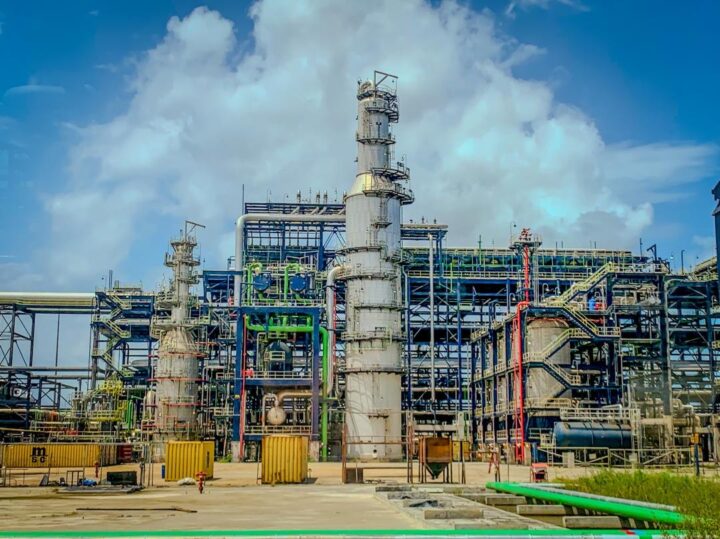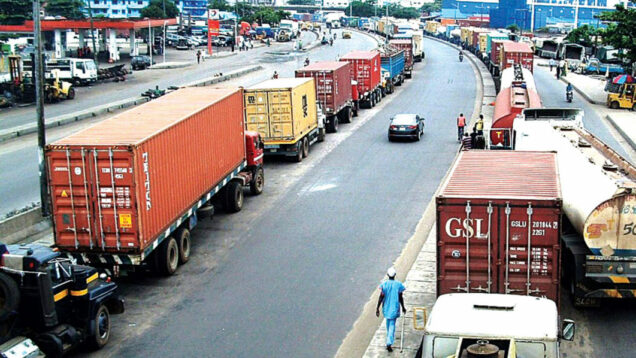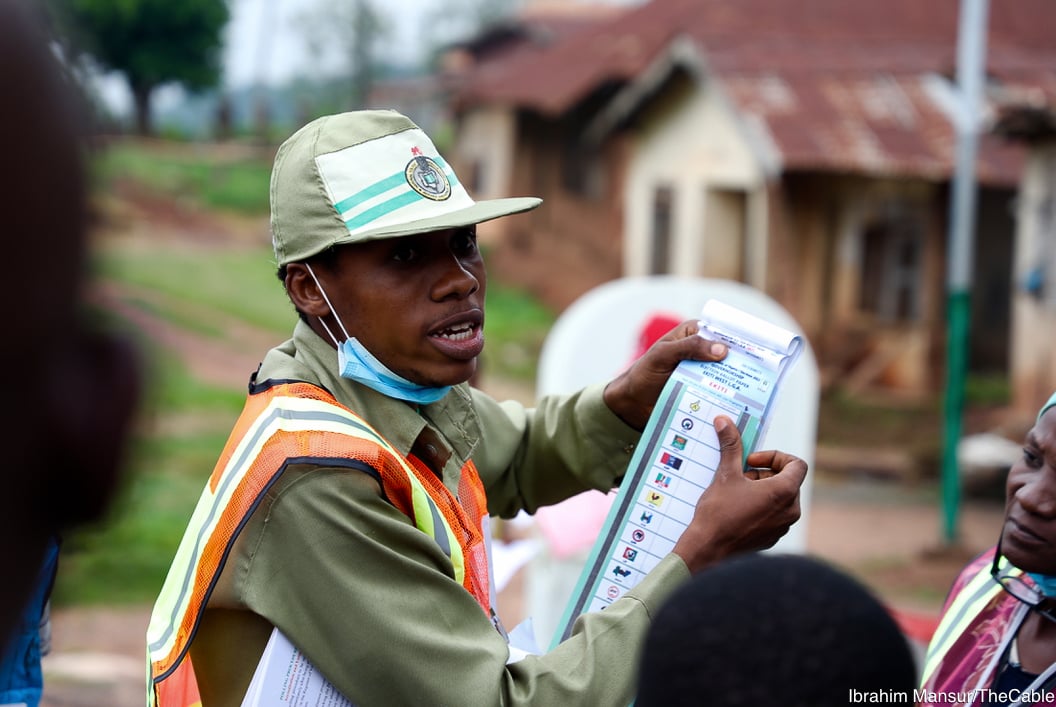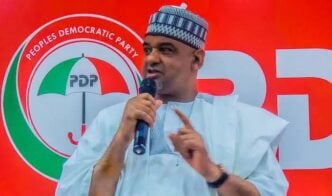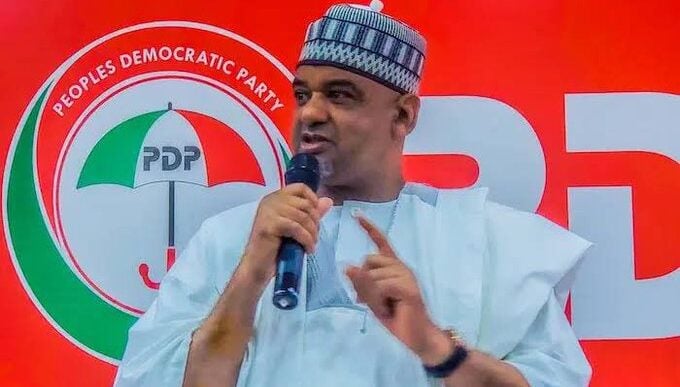Nigeria’s return to democratic governance in 1999 came amidst euphoria and high expectations for what the politicians themselves tagged democracy dividends. The clamour that led to the junta being switched to democracy was a result of military overstay in power, which culminated in economic stagnation. Infrastructure development and poverty reduction policies, therefore, have been the main themes of political campaigns and government agendas since 1999. Successive administrations at the federal and sub-national levels have initiated numerous projects, including roads, bridges, schools, hospitals, and power plants, as politicians promise to modernize the country and improve living standards.
Yet, recently, there is a group of Nigerians who are clamouring for the return of the junta; most of the members of this demography are Gen-Zs who have never been under the brutality of military regimes to make comparisons. But are our politicians unblemished in the cause of this disillusionment? Certainly, no.
1999 was a promising start, and a lot has been accomplished. The liberalization of the telecommunications sector has revolutionised our economy, with the banking and other sectors being the major beneficiaries as our GDP expanded beyond what we witnessed under the protective military junta. Yet, the consensus is that we could have done better. For instance, our politicians at all levels of our vertical distribution of power have often been guilty of prioritizing white elephant projects and prebendalism. At sub-national levels, despite the trillions of naira funneled into projects, they are not insulated from poor execution, lack of sustainability, and often outright abandonment. The result is a troubling paradox: a nation constantly building, yet perennially underdeveloped. The root of this problem lies in a systemic preference for political symbolism over enduring quality, poor coordination among agencies, and a glaring absence of a long-term maintenance culture.
Another troubling dimension is the urge to commission as many projects as possible within short political tenures, which often leads to a dangerous obsession with quantity over quality. Politicians eager to secure political capital often prioritize visible, high-profile projects—such as flyovers, stadiums, and government houses—while neglecting essential but less glamorous infrastructure like rural roads, water supply systems, and primary healthcare centers. Worse still, many of these projects are awarded without proper feasibility studies (in some cases, no competitive bidding) or technical scrutiny. Contractors with political connections but limited expertise are handed projects, leading to shoddy construction that begins to deteriorate even before commissioning.
Advertisement
A common trend is the proliferation of “white elephant” projects—costly, grandiose structures that serve little practical purpose. Multi-billion-dollar airports in states with minimal air traffic, extravagant governor’s lodges in poverty-stricken regions, and duplicative stadiums in cities that already have functional ones are just a few examples. These projects are often abandoned midway when funding dries up or when a new administration takes over and disowns its predecessor’s initiatives. Even when completed, many of these structures are underutilized, left to decay due to poor maintenance, or rendered obsolete by design flaws. The cycle repeats itself with each new government, wasting resources that could have been channeled into sustainable, high-impact developments.
It is not surprising, therefore, that Nigeria’s infrastructure often suffers not just from poor construction but from an institutionalized disregard for upkeep. Roads develop potholes within months of completion, public buildings deteriorate due to a lack of routine servicing, and water projects fail because no provisions were made for spare parts or technician training. The culture of “build and forget” means that governments spend more on emergency repairs and total reconstruction than they would on systematic maintenance. This shortsightedness drains budgets and perpetuates underdevelopment.
The consequences of these failures are far-reaching. Economically, wasted resources on abandoned or substandard projects strain public finances, diverting funds from critical sectors like education and healthcare. Socially, citizens grow disillusioned with a government that delivers subpar infrastructure, eroding public trust in governance, although politicians have devised the means of hiring a retinue of “data boys” to defend them against this.
Advertisement
To reverse this trend, a fundamental shift in approach is necessary. First, governments must prioritize need-based, feasibility-driven projects over political showpieces. Independent technical committees—not politicians—should determine infrastructure priorities based on demographic and economic data. Secondly, strict quality control measures must be enforced, with penalties for contractors who deliver substandard work. Third, inter-agency coordination at the federal level must be strengthened, possibly through a national economic council to harmonize projects across ministries and sub-national levels. Fourth, maintenance funds should be legally mandated in project budgets, ensuring that no infrastructure is handed over without a sustainability plan.
To conclude, Nigeria needs to revisit the culture of long-term planning and sticking to it. It should be a document that contains our infrastructure masterplan that transcends political transitions. If projects are tied to a nationally agreed development blueprint, successive governments will have less room to abandon them for political reasons. Citizen oversight and transparency mechanisms, such as public project tracking portals, can also help hold leaders accountable.
Infrastructure development should be a legacy of progress, not a graveyard of wasted opportunities. With more efficient utilization, Nigeria should have enough resources and expertise to build enduring structures; what has often been lacking is the political will to do it right. Unless the current cycle of waste is broken, the nation will continue spending heavily on infrastructure yet remain stranded on the road to development. The time for change is now.
Musa wrote in from Abuja.
Advertisement
Views expressed by contributors are strictly personal and not of TheCable.

